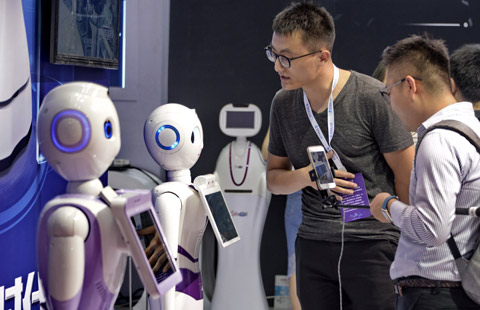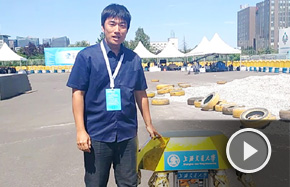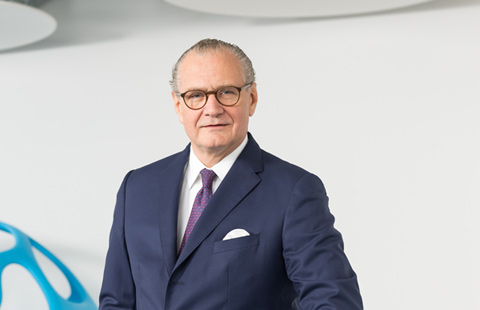Building profitable cultural bridge
Content creator, business consultant, fintech firm partner... one job-title does not adequately describe Thomas Derksen and his thriving business in China.
But to Chinese audiences, the 29-year-old is best known as the German comedian who entertains millions of internet users across the country with his hilarious video blogs and an auspicious Chinese name: Afu (meaning fortune or luck).

As a foreigner-turned-internet celebrity in China, Derksen looks at Chinese stereotypes, speaking the local dialect fluently in his self-made video episodes. In a year's time he has garnered over 5 million followers across major video content platforms from QQ to Meipai.
Hailing from Cologne, Derksen worked at a local bank for three years before he studied East Asian Politics and Economics for his university major at age 23. An exchange program at Fudan University landed him in Shanghai, where the city's cosmopolitan nature and its dizzy pace mesmerized him.
"I've always aspired to do something that is international and influential, and China is the best place I can think of right now," he said.
More importantly, he met his would-be wife, a Shanghai denizen who later became the main source of inspiration for his "acting" career.
Derksen said he did not want to be shackled to an office job. So the couple trained their sights on Shanghai with a desire to "make something bigger than working for other people".
The whole idea of creating videos was the result of a boring weekend in 2015, he recalled. His wife saw a job advertisement for a live TV show on expats' lifestyle in China, and encouraged him to sign up for it.
The program was a hit. He improved his language and acting skills, and harvested a catchy Chinese name: Afu. When the TV program ended, the idea of starting his own show naturally surfaced.
His maiden work, What's It Like to Marry a Shanghai Woman?, went viral. Derksen impersonates his mother-in-law, a typical middle-aged Shanghai woman in her apron, dominating the kitchen area of the apartment.
The initial fame propelled him to produce videos on the changing face of the Chinese society. For instance, he picked up the topic of mobile payments, where China is perhaps in the driver's seat globally.
Ahead of last year's G20 Summit in Hangzhou, he uploaded a video in which he went through a cashless day in the city using Alipay, the country's biggest mobile payment tool, from taking bus rides, paying bills to borrowing umbrellas free of charge.
Viewers' positive response pushed him to produce a sequel during this year's G20 summit in Hamburg, Germany, when he read out an open letter to German Chancellor Angela Merkel to encourage the adoption of mobile payments.
"Here (in China) I found the era of mobile payments has arrived... it's time for Germany to learn from China," he said.
Through the shows, he got to know his future business partners, with whom he co-established a business consultancy Derksen Industries Co Ltd that targets smaller German businesses coming to China and those seeking to expand into Germany.
He also took charge of marketing and events for a fintech firm called Ginmon, which uses automated software to help people make smart investments overseas.
"Things change very fast here (in China). I don't normally make long-term decisions, but my ultimate goal is to be the cultural bridge between Germany and China," he said.



















